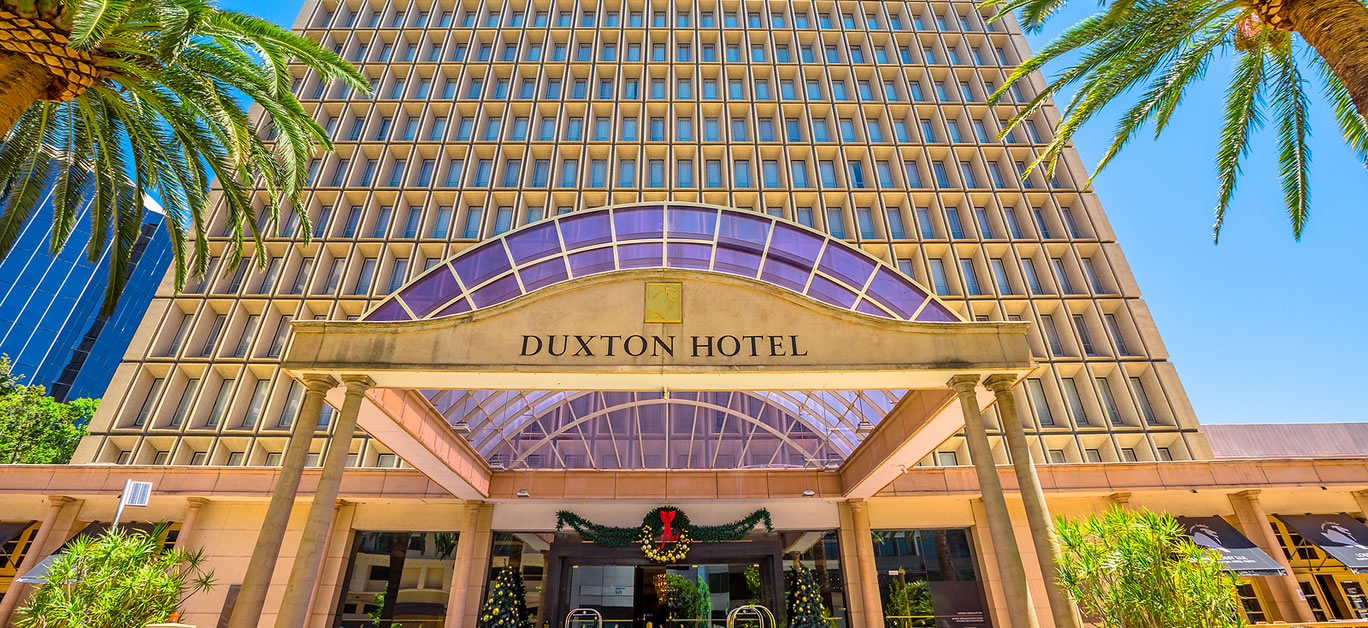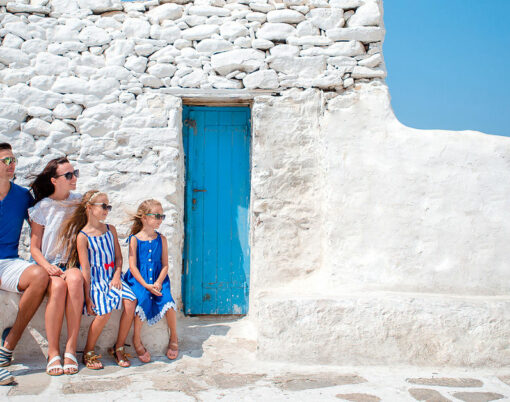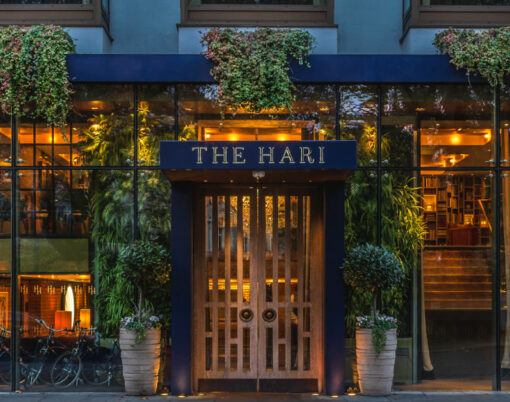Over the past couple of years, just about every industry has had to contend with rapid digitisation, some much faster than others. And it has been accelerated even further due to the onset of the ongoing global pandemic, which saw countless businesses forced to close their doors and move their operations entirely online while lockdowns were in force.
The necessity of better digital services has been apparent for some time now, but recent world events have shone a spotlight on just how imperative it is for companies to adapt. Hospitality businesses, in particular, have had little choice but to think outside the box in a bid to stay afloat of late, with many pivoting to launch online ordering and delivery services where previously this was not a part of their business model.
The luxury hospitality sector, in particular, has done this particularly well over the past eighteen months, with even Michelin-starred restaurants now offering their iconic 12-course tasting menus and the like via apps and high-end cocktail bars offering virtual group cocktail making classes via Zoom.
Most significantly, the hotel, resorts, and casino sectors have upped their digital offerings to make their services more accessible from anywhere in the world – and the current wave of digital transformation that is transforming luxury hospitality is showing no signs of slowing down anytime soon.
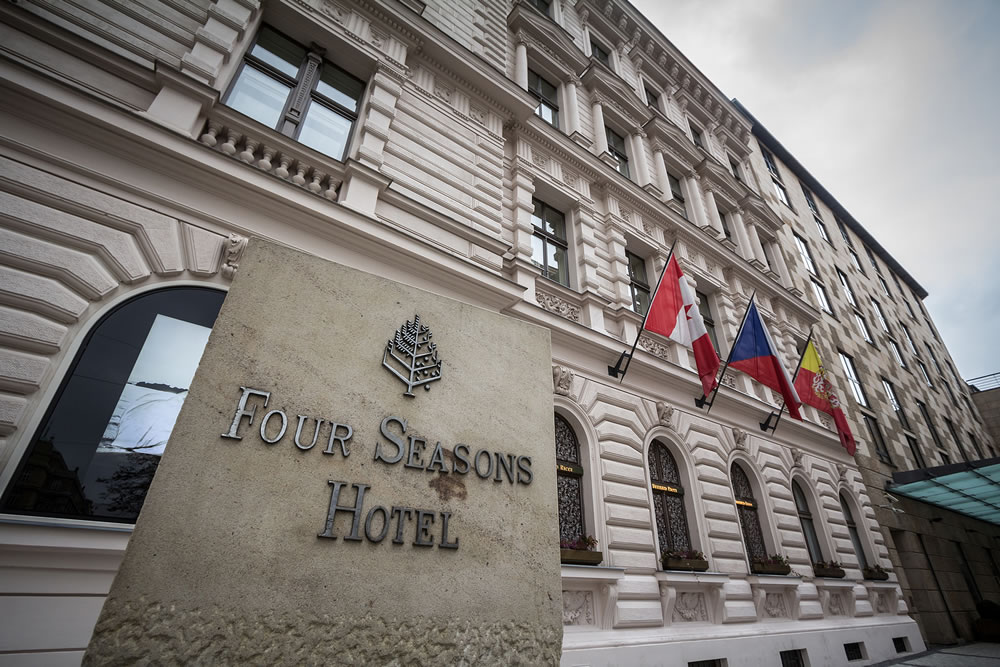
Low-touch email marketing
Just about every industry has embraced automated email marketing in recent years, and more so since the pandemic began – but only a few have gotten it right. Rich examples of successful ‘low-touch’ email marketing, in which users are only sent infrequent, bespoke emails, have been mastered by some five-star hotel chains and have served as an important way to maintain customer relationships while closed, keeping them at the forefront of client consciousness ready for their reopenings.
One standout example is the award-winning marketing campaign from the Four Seasons, which sends 33 per cent fewer emails to members than other major hotel chains, with each message focusing on the travel profile of the user. Rather than bombarding clients in a desperate bid to remain relevant, the global brand showed an understanding of the concept that ‘less is always more’ – knowing that constant communications might only seek to put their high-end customers off, rather than secure their loyalty.
For example, if a Four Seasons member is a regular in a luxury destination like Maui or Bora Bora, they will receive personalised emails about tropical beach getaways and high season upgrade packages – tailored information they would likely be glad to receive.
Quality, not quantity, has been shown to be the key to success in digital marketing, and the Four Seasons have shown their customers that they know them inside out.
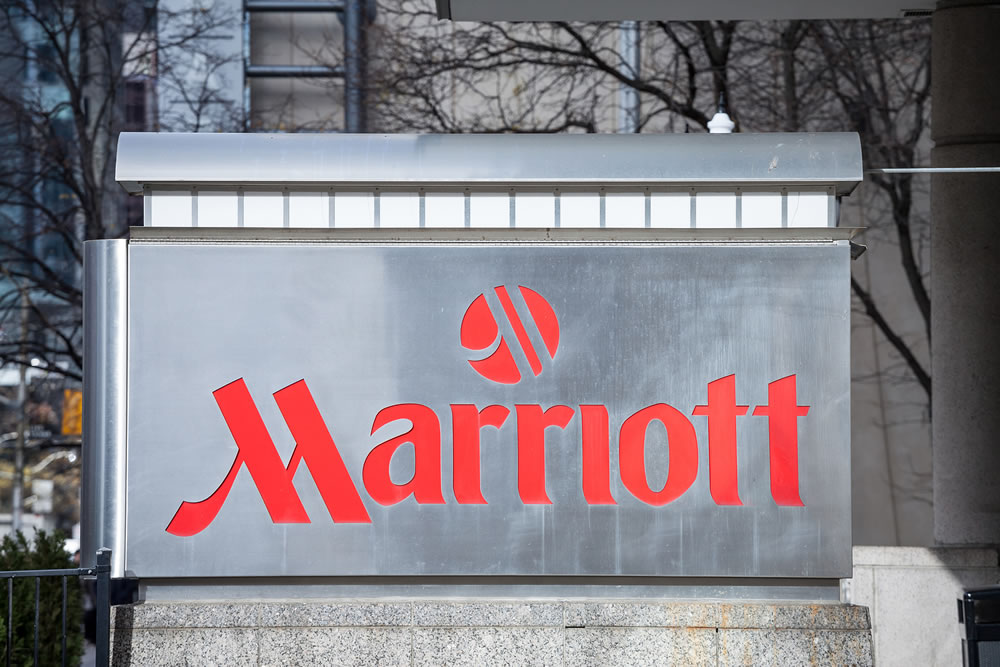
Personalised web content
For leading luxury hospitality brands like Hilton and Marriott International, ensuring that every member has a unique and tailored experience when booking via the website is essential. High-end customers these days demand an elevated and more personal experience, and luxury chains like these have invested heavily in overhauling their algorithm and UI to ensure that their web interface is doing just that. Their pages will show tailored offers and information according to the Loyalty Club status of the user, ensuring that customers feel heard and understood at every stage.
Most interestingly, some chains also tailor their content offering according to the RFM profile (recency, frequency, monetary value) of the user, with high-spending visitors being advertised more luxurious packages. This is digital engaging at its very best.
Bringing the luxury casino experience online
One of the most lucrative corners of the luxury hospitality industry is, of course, the casino sector, which is dominated by a few uber-luxe institutions in Las Vegas, Atlantic City, and Macau. In order to meet the demands that digitisation is putting on the industry, some of the most prominent luxury casino brands have begun to move their gaming offerings online, so that former and future guests can continue to enjoy them from anywhere.
A look at the top US online casinos at Bonusfinder USA reveals that stalwarts of the Las Vegas Strip, such as the five-star MGM Grand and Wynn Resorts, now offer fully online poker, baccarat, blackjack, roulette, and more to players across the US. True fans of these iconic Vegas institutions can even play live casino games, where they can interact with a real-life MGM dealer via a video uplink.

Contactless check-in as the standard
Once upon a time, contactless check-in systems were the reserve of budget hotel chains such as Ibis or Holiday Inn. Luxury hotel giants did not appreciate the value of this digital system, instead believing that in-person check-in would always be the gold standard of hospitality.
Of course, things have changed in recent years and nowadays, virtually all of the top five-star hotel chains offer full contactless check-in – ensuring maximum convenience, safety, and speed for travellers. The move to contactless check-in for those yet to adopt it cannot happen overnight, and requires a robust, intuitive, secure, and user-friendly digital infrastructure that must have a close to a 100 percent success rate in order to be viable.
The bottom line
There is no denying that the luxury travel and hospitality sectors have moved firmly into the digital age, using it as a force for better customer experience and increased loyalty – and the likes of Four Seasons and company are leading the way. For some, there is still a long way to go in making the most of what technological advances have to offer them, but those acting as trail-blazers stand to win in the long-run and be seen as beacons of innovation.












